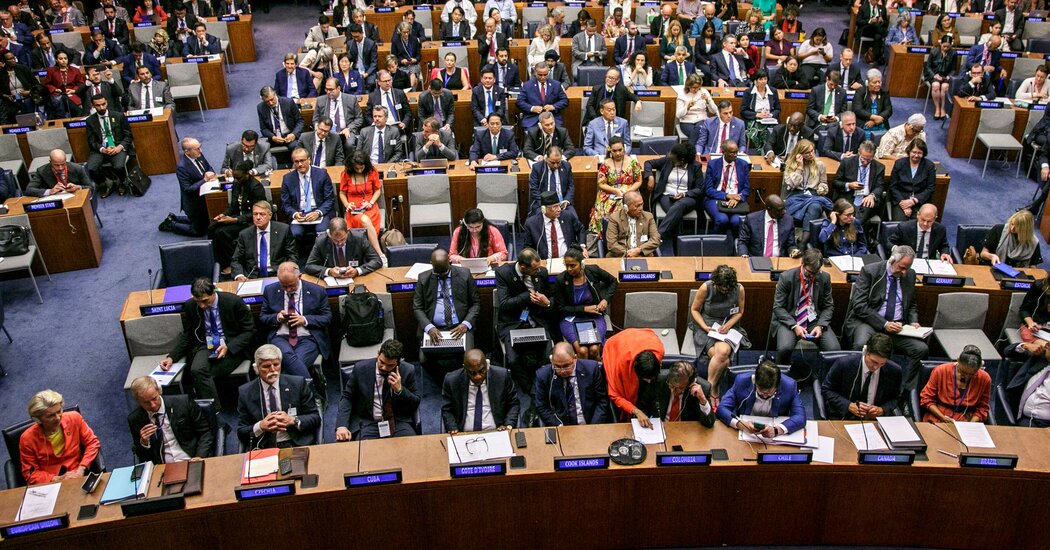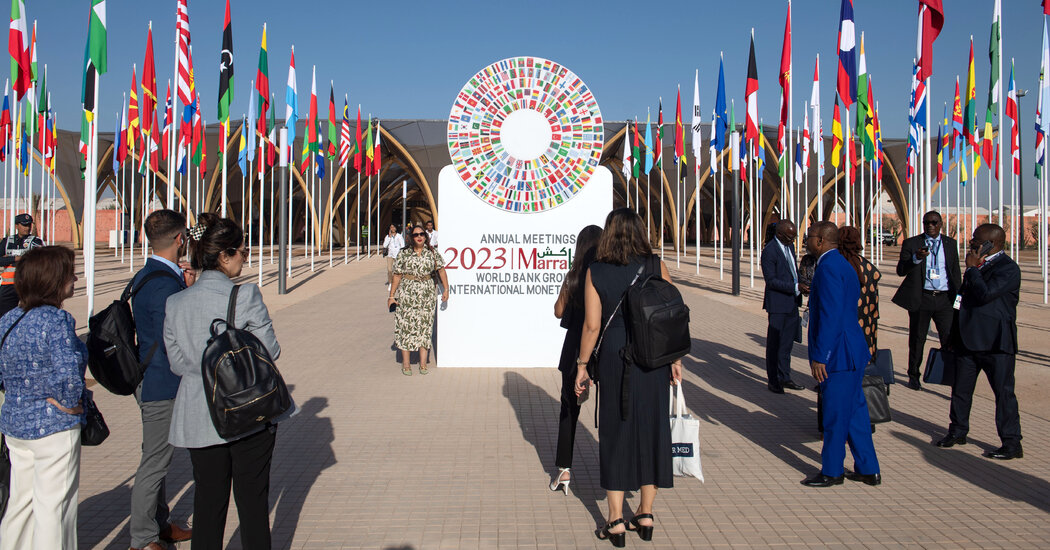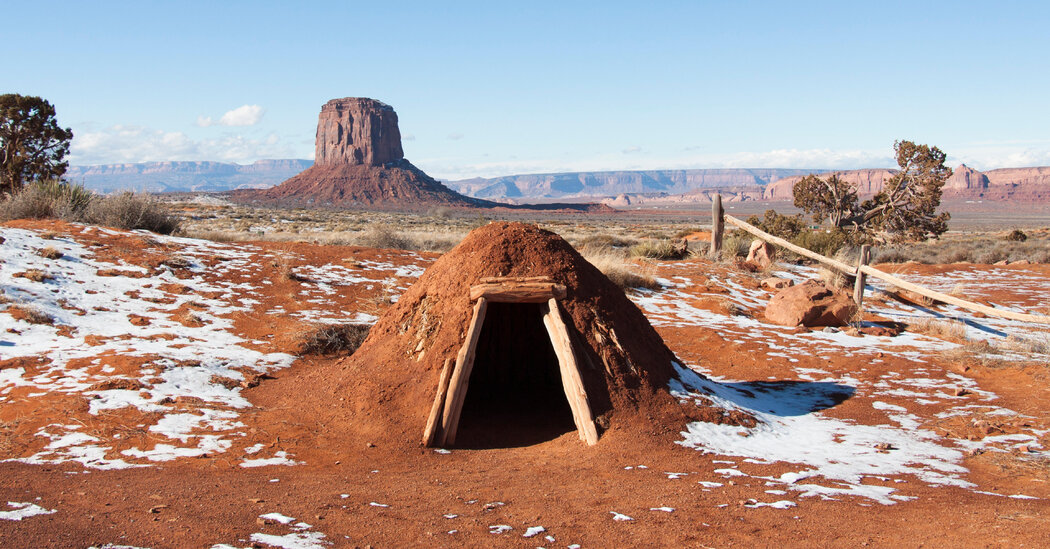The United Nations’ secretary general, António Guterres, convened a special summit on Wednesday in New York City designed to highlight the efforts of the most ambitious global leaders on climate policy — and to implicitly shame those who are dragging their feet.
Mr. Guterres, who has made climate action a centerpiece of his agenda and has called on the world’s largest carbon emitters to rapidly shift away from burning fossil fuels, the main driver of global warming, pledged that only high-level leaders whom he sees as taking climate action seriously would be allowed to speak at the event.
That did not include the leaders of the world’s two biggest polluters, China and the United States.
“Climate action is dwarfed by the scale of the challenge,” Mr. Guterres said in his opening remarks at the summit. “We must make up time lost to foot-dragging, arm-twisting and the naked greed of entrenched interests raking in billions from fossil fuels.”
The Climate Ambition Summit, as the event was called, was held on the sidelines of the annual General Assembly meeting and included leaders of countries, states, cities and companies, and coincided with a U.N. Security Council meeting on the war in Ukraine, which for a second year has dominated the assembly’s agenda.
The summit was a nod by Mr. Guterres to increasing frustration from smaller and poorer countries that the war has been distracting richer nations from pledges they’ve made to help developing countries, most of which bear little responsibility for the emissions warming the planet, manage the risks of climate change and transition to renewable energy.
“I hope that, in the same way we can take Ukraine seriously in the Security Council, we can talk climate change there, too,” said Mia Mottley, the prime minister of Barbados, who has been one of the most outspoken world leaders on climate issues. “This is, in fact, a greater threat because more lives are at stake globally.”
Of the world’s four biggest emitters, only the European Union was invited to speak at the summit. Top leaders from China and India, which are also the world’s most populous countries, did not attend the United Nations meetings this week at all, let alone the climate meeting, furthering a sense that the world body is facing a crisis of confidence under the weight of cascading global emergencies.
Despite its emphasis on ambition, the summit yielded few new concrete pledges. Canada and some European Union countries said they would either allocate more of their budgets to climate finance in the developing world, or reallocate special access they had to funds from international lending institutions to poorer countries.
The only official from the United States invited to speak was Gov. Gavin Newsom of California, who has passed a slew of climate measures and recently announced that California would sue Big Oil, accusing the industry of years of disinformation campaigns.
Mr. Newsom’s speech drew the loudest applause, presumably because it did what many others studiously did not: It confronted fossil fuel producers.
“This climate crisis is a fossil fuel crisis. It’s not complicated,” he said. “It’s the burning of oil, the burning of gas, the burning of coal. We need to call that out. For decades, the oil industry has been playing each and everyone in this room for fools. Their deceit and denial going back decades has created the conditions that persist here today.”
The summit is a precursor to the annual United Nations climate talks known as COP, which start a little more than two months from now in the United Arab Emirates. The Emirates’ status as one of the world’s biggest fossil fuel producers has deepened a credibility crisis for the COP meetings, which have in recent years repeatedly failed to drive consensus around some of the world’s most pressing climate issues.
This year’s COP will have to contend with a report, created at its own instigation, that says that current climate pledges would put the world on track for a hazardous rise of global average temperatures of 2.5 degrees Celsius by 2100, assuming nations followed through on their current pledges.
The window for keeping warming to 1.5 degrees Celsius, generally considered to be the goal of the climate talks, is “rapidly narrowing,” the report said.
The tone of many of the speeches at the climate summit on Wednesday attempted hopefulness, even if they alluded to the increasingly visible cost of inaction in climate-induced emergencies around the world.
But the most compelling calls to action were given by leaders like President Gabriel Boric of Chile, a firebrand young socialist who said the self-congratulation in the room made him feel like delegates were all just trying to help themselves sleep better at night. The only way through this crisis, he said, was unrelenting pressure on laggards, be they fossil fuel companies or countries reluctant to wean themselves from fossil fuels.
“If we’re not able to make those groups yield to the will of the international community, then the truth is we won’t hit our targets,” Mr. Boric said.











